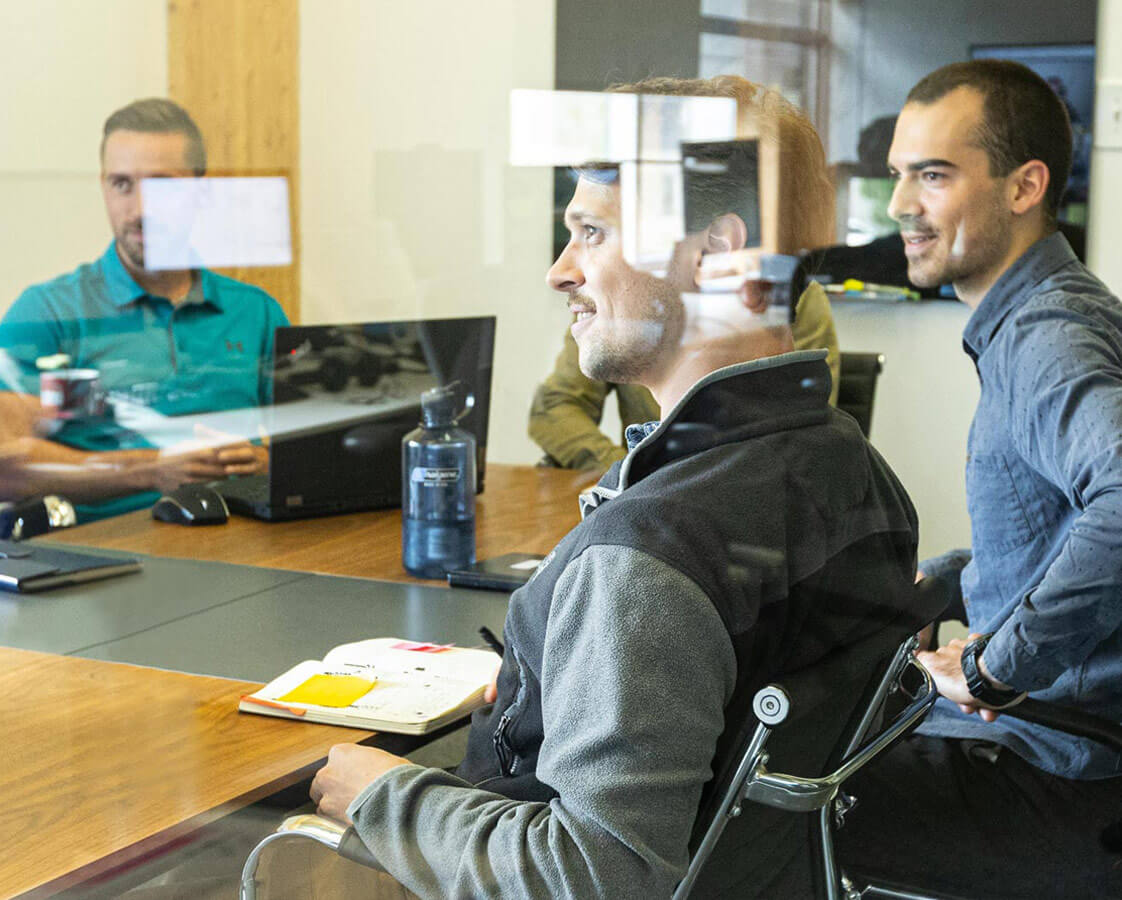How does project management contribute to successful product development?
“Project management is sometimes perceived as an added cost. While it may seem counterintuitive to invest in a role that doesn’t directly produce technical deliverables but instead focuses on coordinating activities and aligning data, it brings significant added value. The project manager is responsible for maintaining the viability of the project and rigorously overseeing its progress. Their role is to establish planning, control, and verification mechanisms, along with a strong sense of discipline, to ensure the project progresses according to the original plans. When changes arise, the project manager makes sure they are managed within a well-defined and relevant framework.
Working with a company that has a dedicated Project Management Office (PMO), like CLEIO, significantly reduces the risk of budget overruns and schedule delays. This strategic approach enhances efficiency and ensures the successful delivery of high-quality design projects.”
“Every client and every product has its own story, challenges, and reality. Adaptability is key!”
What makes CLEIO stand out in project management?
“CLEIO stands out for its ability to adapt and respond to the specific needs of clients of all sizes, from large companies to startups. This adaptability is rooted in our strong, integrated multidisciplinary expertise and proven project management experience.
Our clients benefit from a seasoned team that has led a wide range of projects, enabling us to anticipate and address project-specific challenges. We apply a rigorous methodology—breaking down projects into budgeted tasks, planning sprints, and ensuring seamless coordination across disciplines. This approach enables efficient execution that aligns with our clients’ objectives, regardless of project size.”

What does CLEIO’s project management process look like in practice?
“The process starts with rigorous initiation and planning. This involves clearly defining the project’s scope, objectives, and deliverables in collaboration with the client. A detailed project plan is then developed, outlining schedules, budgets, and resource allocation. Potential risks are identified, and mitigation strategies are put in place.
The next phase is project execution and monitoring. The PMO team monitors progress through periodic reports, ensuring that the project plan and quality standards are met. Any deviations are quickly identified, and corrective actions are taken. Communication and collaboration among team members are actively facilitated to ensure smooth and efficient progress.
Finally, project closure and evaluation ensure a smooth transition and support continuous improvement. A post-project evaluation is conducted to identify lessons learned and share them across the organization.
What are the keys to successful project management?
Ready to bring your project to life? Contact us today to see how our team can support your next innovation.